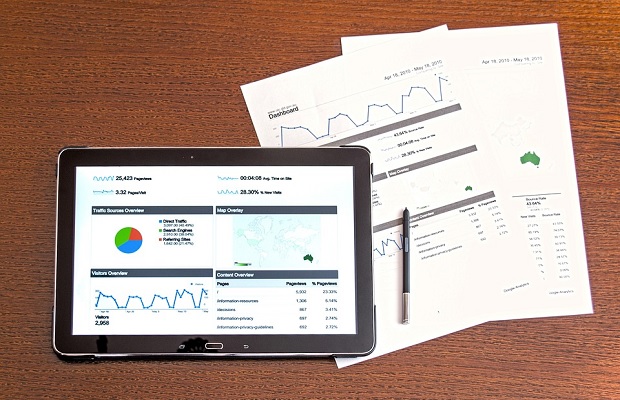The cost of global online ad fraud could reach $16.4bn this year, with advertisers set to lose more than twice as much as previous estimates suggested, according to new research.

The study, called “What Happens Next: How to Reverse the Rising Tide of Ad Fraud”, was commissioned by The&Partnership, media agency m/SIX, and was conducted by Adloox, a fraud verification firm.
Adloox checked 200bn daily bid requests and 10bn ad impressions per month over a period of 12 months and estimated that almost 20% of the $66bn spent on digital advertising last year could have been wasted on ad fraud.
That means the cost of global ad fraud in 2016 may have been as high as $12.4bn, far higher than the $7.2bn that the Association of National Advertisers (ANA) has estimated gets lost each year.
The report also warned that if adspend grows to $80bn as forecast by eMarketer, and advertising fraud continues to evolve at its current rate, then the cost of fraud may rise to $16.4bn in 2017.
“These figures serve as a stark reminder that much still remains to be done in order to protect and nurture the future vitality of the digital economy,” said Johnny Hornby, Founder of The&Partnership.
“We have a duty to come together as an industry – from media agencies and industry bodies to big platform players like Google and Facebook, bringing in government help if we need it – in order to protect our own future and those of our clients.”
Hornby recognised the “good work” being done by several organisations, including the ANA, the IAB and others, but he went on to make four key recommendations.
As a first step, he called on media agencies “to invest time, energy and talent into providing the best possible strategies and policies to protect their clients”.
He also said clients “need to be willing to get themselves off the drug of cheap digital media and invest in proper brand protection”, such as pre-bid verification technology.
Thirdly, he called on Google, Facebook and other major digital players to engage with initiatives, such as those launched by TAG and JICWEBS, and to improve their preventative measures.
“Finally, the time has come for the Googles and Facebooks to stop marking their own homework, and allow specialist, third-party auditors inside their walled gardens,” he said.
Read the full report here
